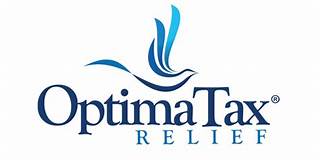In recent years, the gig economy has become more popular. It’s important to note that all gig economy earnings need to be reported on tax returns, even if the work is not the taxpayer’s primary job. Optima Tax Relief reviews the reporting requirements of gig work and how to properly report earnings during tax season.
All earnings from gig work are taxable, even if the taxpayer does not receive any form detailing earnings from that tax year. Gig workers are required to file Form 1099-K and should stay up to date on the reporting requirements. Currently, earnings exceeding $20,000 and 200 transactions require taxpayers to file Form 1099-K. However, this requirement will change dramatically in 2022 as the new minimum earnings requirement drops to $600 with no minimum number of transactions. This amount includes electronic payments and cash.
Gig workers should also know their worker classification. Typically, they fall into one of two classification categories.
- Independent contractor or business owner: This means the taxpayer provides a service to other businesses or is considered self-employed. Independent contractors might be able to deduct eligible business expenses and should keep thorough records of these during the year. To reduce or eliminate owing taxes each year, these individuals should make quarterly tax payments throughout the year. If they have another employer that withholds taxes, they can also submit a new W-4 Form to have more taxes withheld from their paychecks.
- Employee: This usually means the taxpayer is under control of a business. Employees will usually withhold income taxes from paychecks.
The IRS has several publications and other resources on their website to help gig economy workers understand important items such as their worker classification and filing requirements.




















